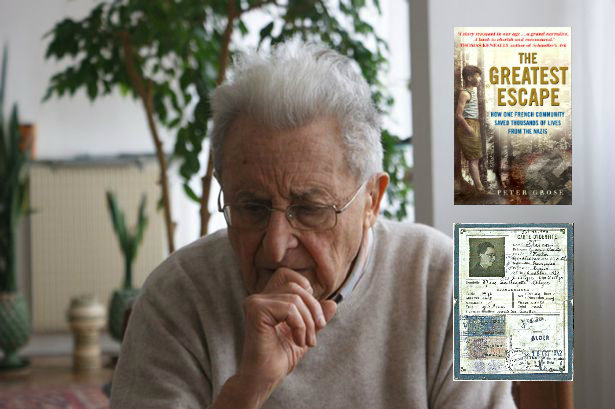In another time, Oscar Rosowsky may have been considered “a crook” and imprisoned. Worse, he might have been tortured and killed had the Nazis caught up on his deeds. Here’s the story of how counterfeiter Oscar Rosowsky saved the lives of 3,500 Jews during the Second World War using his counterfeiting skills.
The First of Many
Oscar Rosowsky first turned to counterfeiting to save his mother who was imprisoned in an internment camp and was about to be shipped off to Auschwitz. The Jewish teenager was working in the Nice Headquarters in France’s puppet Vichy regime when he chanced upon several sheets of headed papers and an official-looking stamp.
With the desire to help his mother pushing him on, Oscar Rosowsky copied the local prefect’s signature and forged it on a travel permit with his mother’s name on it that he fabricated.
That fake document was his first ever forgery. However, it did the trick and on November 1942, his mother was released from the camp, her life saved.
Knowing Oscar Rosowsky
Oscar Rosowsky was working as a printer’s assistant when WWII broke out. The learning he got from his job proved to be very priceless given that he was a Jew living in the Nazi-controlled Southern France. In the following years, Oscar built a small office – his counterfeiting workshop actually – inside a barn in an obscure village. Here in this tiny ‘office’, Oscar Rosowsky, along with a protestant minister and locals who didn’t want anything to do with the Nazis, saved the lives of some 3,500 Jewish refugees — refugees who were set to be shipped off and killed in death camps had it been not for the documents he fabricated.
Oscar is now 91 and living comfortably in his suburb home somewhere in Paris. However, those war years and the deeds he did are still fresh in his mind. He can still clearly remember the memory of the first perfect fabrication he made.
The Story
Oscar Rosowsky was born in Berlin, Germany in 1923. But ten years later, his family had to leave the country not because of Hitler rising in power but because his father, Ruben, went bankrupt. They, eventually, settled in Nice.
They lived peacefully in Nice for nine years. But then, the Nazis attached the Vichy government resulting to the half of France being controlled by the former. Soon enough, anti-Jewish laws were enforced. Though Nazi Germany left the puppet government to work on its own, it was as anti-Semitic as the former. When the rationing of food, clothing and tobacco started, those who were identified as Jews through their papers were placed at the end of every line.
Due to the newly imposed restrictions, Oscar Rosowsky was not able to pursue his dream of training to be a physician. In its stead, he was forced to learn the trade of repairing typewriters and printing machines. It was through this learned skill that he was able to save the lives of many Jews.
It was in August 1942 when Oscar, then 19, learned that his father was arrested. Later on, he and his mother, Mira, discovered that Ruben was placed in an internment camp before he was handed to the Germans who were based in Paris. From there, he was taken to Auschwitz aboard one of those infamous cattle trains. Ruben survived in the concentration camp until 1945. Nevertheless, he died when the Nazi guards forced him along with the other emaciated prisoners to walk long distances under extremely rigid weather as the Allies closed in on the camp.
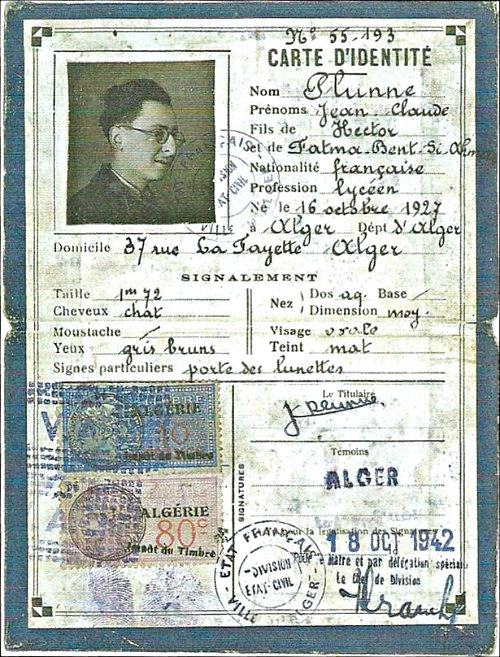
After Oscar was able to bail his mother out of the internment camp, round-up for Jews went on which prompted the two to flee. Oscar fabricated an identity card for himself taking the French name Jean-Claude Plunne, the name of his Scout leader who lent him papers which he, then, replaced a photo of himself. The fabricated papers worked but upon reaching the Switzerland borders, Oscar Rosowsky was still turned down by the guards.
As they were not able to escape France, Oscar and his mother headed to a small village where they learned that they might be taken in.
The Village of Le Chambon
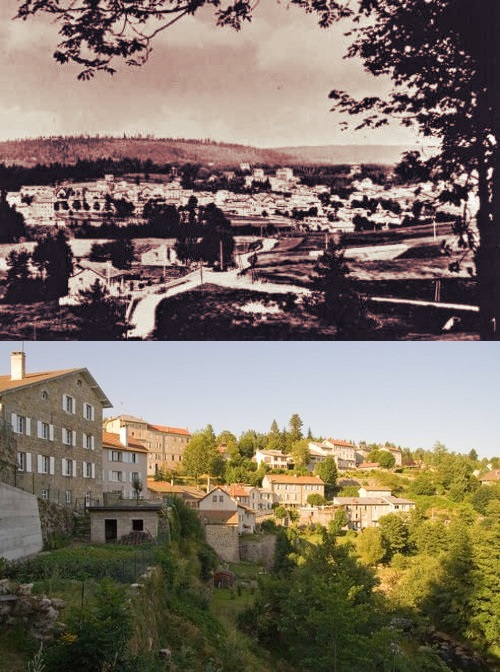
The small village, Le Chambon, was disconnected from the rest of France due to its geographical location and for its being mainly protestant population. Locals referred to it as “The Plateau”. It became the last resort to Jews fleeing the Vichy puppet government.
The trip to the quaint village took seven hours by train. And in those tense hours, Oscar Rosowsky fabricated another set of documents for his mother. He used the identity of a Russian woman born in Turkey and to provide a good background for his mother’s story, he also made up a fake birth certificate.
According to Oscar, Le Chambon had long been a special place as it was a holiday destination long before the Jews made it their refuge in their times of desperation. Pastor Andre Trocme and his wife headed the congregation composed by most of the villagers.
It was his words, “We will resist without fear, without pride, and without hatred,” that set the tone of warm reception accorded to Jewish refugees like Oscar and his mother.
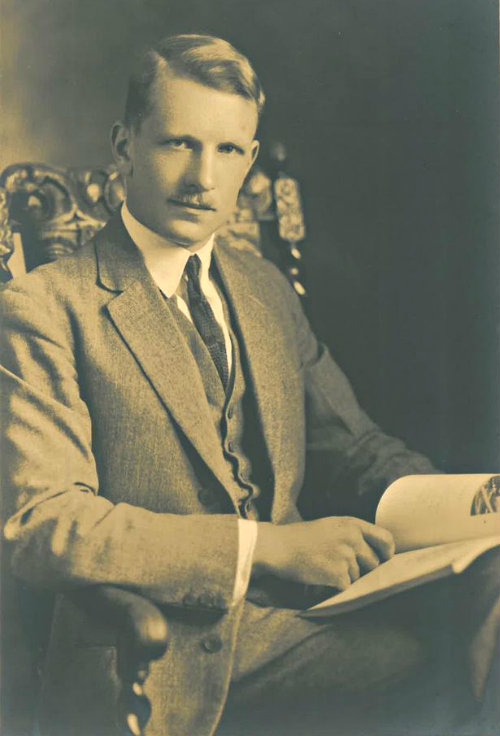
The Jews started to trickle in the village just after June 22, 1940, the day when Vichy leader Marshal Petain signed the agreement with the notorious German dictator Adolf Hitler. Along with the refugees who came on their own accord, the village also took in the children legally freed by organizations like the Red Cross and the Quakers from internment camps. These kids packed together in homes given the pet names like The Wasps’ Nest.
For many Jews living in Le Chambon, the war years were happy times, a great contrast to what the horrors six millions Jews experienced in the hands of the Nazis and their allies.
When Nazi security tightened around the Vichy France after the puppet government’s troops only gave token resistance against an invasion by the Allies in 1942, authorities demanded Pastor Trocme and his deputy, Edouard Theis , to give up the village’s Jewish refugees. But when nobody came forward three weeks later, the authorities eventually gave up.
Honing His Counterfeiting Skills
The forgery talents of Oscar Rosowsky became invaluable and put into great use when he was shown how to use a small printing press in the village’s local school. He used tracing paper to copy the official seals from real documents. Then, he transferred these to the printing roller and made scores of real-looking stamps which were eventually used on fake IDs. he could make stamps in various colors using cheap supplies bought from a stationery shop.
Another creative technique Oscar Rosowsky used was to make counterfeit discharge papers given to former POWs who were sent home to France due to medical causes. French resistance fighters who possessed this kind of forged documents were actually welcomed by government officials as returning heroes.
Oscar Rosowsky and his band got help from compassionate officials who gave them blank ration cards and rubber stamps to make blank IDs. An Allied aircraft was also dropping fake ration cards in the region as a means of help to the Resistance effort.
According to Oscar, escaping the police was a matter of looking straight into their eyes and having various fake papers in one’s pocket — the more, the better. He added that having these different papers, which he called “plausibility papers”, made one’s identity more strong in the eyes of the authorities.
Soon enough, his small forgery workshop was producing seven sets of counterfeit papers in one day, fifty sets in one week.
The Greatest Escape: The Life of Oscar Rosowsky
The counterfeiting skills of Oscar Rosowsky remained unknown for most of the years after the war.
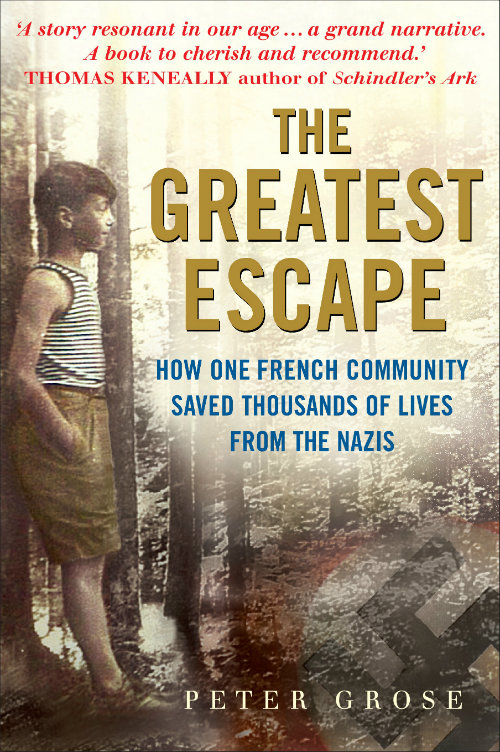
But recently, writer Peter Grose outed this marvelous story in his book The Greatest Escape. According to him, the forged documents Oscar Rosowksy produced during the war years were astonishing — he made them bad-looking enough to make them resemble the original documents, plus, he also provided all the other papers to back these up.
Grose described Rosowsky as a “mischievous man who enjoyed what he did and loved getting away with it”.
